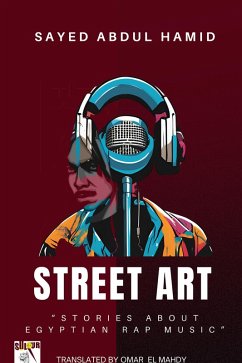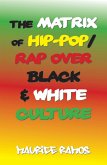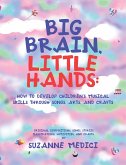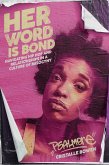Introduction
by Christine Otten,
What Sayed Abdel Hamid does in his book 'Stories regarding writing rap music is remarkable. He has thoroughly researched the Egyptian rap scene and reflects profoundly on the impact and meaning of rap music in the Egyptian context and life. He explains why rap music is not alien to Egyptian or Arabic culture, since rap music started as a cultural movement and force that represented a yearning for freedom and liberation of young merely black people, against racism and social exclusion. Although rap music nowadays is largely commercialized, it still is a tool in today's world for many young (and not so young) artists, poets, and writers to express themselves in they choose: raw, honest, free of set conventions, and because of that liberating force, rap music entered or 'infiltrated' almost every culture in the world, including the Egyptian, although every individual artist chooses his or her form. Sayed Abdel Hamid understands this and tries to analyze the importance and meaning of rap music in Egypt on cultural life. It takes courage to write about the Arab Spring and the deception of it for a whole generation,
the role of rap music during that time; the impact of that experience on rap music and the youth movement in Egypt and vice versa, and the role of rap for young people in Egypt today. Sayed Abdel Hamid loves rap and the artists who perform rap. It is reflected in his writings.
I hope this book is widely read and understood.
Christine Otten,
Dutch writer, performer, and Theatermaker
Dieser Download kann aus rechtlichen Gründen nur mit Rechnungsadresse in A, B, CY, CZ, D, DK, EW, E, FIN, F, GR, H, IRL, I, LT, L, LR, M, NL, PL, P, R, S, SLO, SK ausgeliefert werden.









